This article was written by Giovanni Cimolin (OpenCraft) and Ned Batchelder (edX).
Learning Tools Interoperability® (LTI®) is a standard used to integrate different learning platforms and tools and allows a richer learning experience through the use of graded problems, interactive content, and third-party applications.
LTI support in the Open edX platform opens a wide range of possibilities for learning content. Because of LTI’s broad adoption across ed-tech platforms, there are hundreds, if not thousands, of tools available that can be integrated into Open edX courses. LTI tools are available from a wide range of organizations, from large ed-tech vendors to universities building their own integrations.
In Open edX software, LTI is used in two ways: as an LTI consumer in courses to enrich the learner experience by embedding interactive problems and exercises from external sources, and as an LTI provider to allow other LMS’s to embed Open edX course content.
In 2018, IMS introduced the new version of the LTI specification (LTI 1.3) focusing on modernizing the LTI standard, improving security, and enabling a flexible and extensible specification. The Open edX platform has long supported the 1.1 version of the LTI specification. Adding support for the 1.3 specification version brings the Open edX platform up to date with the most capable LTI standard.
You can read more about the advantages and improvements of the new standard in Why Platforms and Tools Should Adopt LTI 1.3.
Early in 2020, edX decided to implement LTI 1.3 in the LTI consumer support through a blended development project with OpenCraft, and then followed up with another project to implement the LTI Advantage extensions (detailed in the next section).
Blended development projects are funded by edX to implement roadmap features and promote collaboration between edX teams and partners in the community while increasing edX’s development throughout. You can find more information about these projects in the Blended Development Runbook.
What is LTI Advantage?
LTI Advantage is a set of extensions to the LTI 1.3 specification that enhance its capabilities and allows deeper integration between LMS and LTI tools. Its two main goals are (1) to enable deeper integration between tools and platforms, avoiding the need for custom integrations, and (2) to provide a secure channel to transmit student and enrollment information.
LTI Advantage includes three services, detailed below.
Assignments and Grades Service
The Assignments and Grades service (LTI-AGS) allows LTI tools to send and manage learner grades back to the platform.
When LTI-AGS is enabled and the component is set as graded in an Open edX course, grades sent from the tool will be automatically linked to the student gradebook. The LTI tool may also manage, edit, and override student’s grades directly, and provide reports on the user status of the activity (pending, started, fully graded).
You can enable this feature on your instance following the Assignments and Grades service setup documentation. Make sure you set up an LTI 1.3 integration in your Open edX instance first. For more information, you can follow the official LTI component documentation.
Deep Linking
The Deep Linking service (LTI-DL) allows course creators to select and configure the content displayed to learners through Open edX Studio. This removes the need to use custom parameters and settings when setting up content, improving the ease of use and content authoring experience.
For example, a tool may let course creators configure a link that will launch a specific chapter from a book rather than displaying the full book and having students manually scroll to that chapter.
You can enable this feature on your instance – just follow the deep linking service setup documentation.
Names and Roles Provisioning Service (LTI-NRPS)
The Names and Roles Provisioning service (LTI-NRPS) allows tools to list and retrieve information about the learners that have access to an LTI component. The tools can retrieve a limited amount of personal information (full name, email, username) and the membership status of all the learners enrolled in the course.
A tool that uses LTI-NRPS will be aware of all users with access to that tool and can provide reports on student activity within the tool. For example, a tool might display a report of enrolled active users that haven’t started an activity.
Final Thoughts
With the implementation of the LTI Advantage services, the Open edX platform has been formally certified as LTI Advantage Complete (more details on Open edX platform earns LTI® Advantage Certification).
LTI 1.3 and LTI Advantage features are available in the Lilac release of the Open edX platform.
LTI® is a trademark of IMS Global Learning Consortium, Inc. (www.imsglobal.org)
Cover photo by Tamanna Rumee on Unsplash



